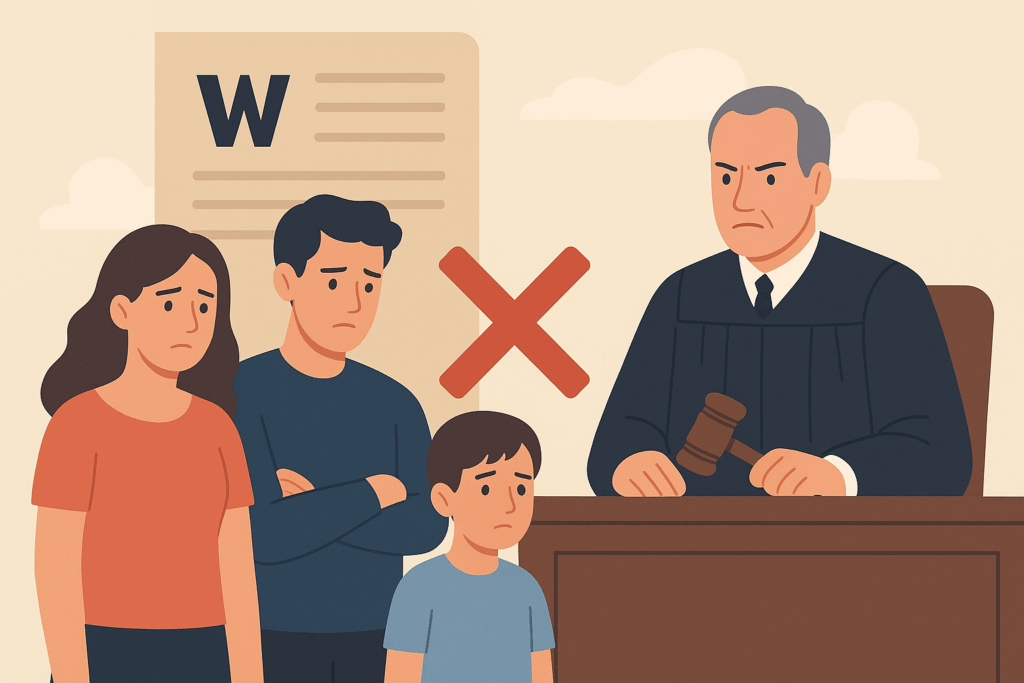What is a Lawsuit for “Disinheritance” in Thailand?

What is a Lawsuit for “Disinheritance” in Thailand?
A lawsuit for disinheritance refers to a legal action where an heir who is otherwise entitled to inheritance is removed from succession because of wrongful conduct. Importantly, this disqualification does not happen automatically. A case must be filed in court, and the judge will decide based on evidence and testimony.
If you are considering such a claim, consulting with a Lead law firm in Bangkok can provide strategic guidance on whether pursuing disinheritance is worthwhile and how to navigate the legal process effectively.
Main Grounds for Disinheritance
-
Concealment or Misappropriation of Estate Assets
-
Secretly transferring property (e.g., house, car, or bank account) into one’s own name
-
Hiding assets or filing false claims to ownership
-
However, if an appointed estate administrator fails to list all property initially or temporarily holds assets pending distribution, this does not count as misconduct
Note: If the deceased left a will granting specific property to someone, that beneficiary can still inherit that item, even if they misappropriated other parts of the estate.
-
-
Being an “Unworthy Heir” (Civil and Commercial Code, Section 1606)
There are five legal grounds, including:-
Attempting to kill the deceased
-
Falsely accusing the deceased of a serious criminal offense
-
Knowing that the deceased was murdered but failing to report it
-
Forcing or threatening the deceased to make a will in one’s favor
-
Destroying, altering, or revoking a will made for another person’s benefit
In these cases, the court can rule to disinherit the heir, unless the deceased, while alive, issued a written pardon.
-
Consequences of Disinheritance
-
The disqualified heir loses all rights to inherit immediately.
-
However, the effect applies only to the person themselves, not their descendants.
-
For example, if a father is disinherited, his children may still inherit in his place.
-
Key Considerations Before Filing a Claim
-
Lawsuits can take significant time and involve high legal costs.
-
Even if the claim succeeds, property may still pass to the children or descendants of the disinherited heir.
-
Disinheritance litigation is often practical only when the targeted heir has no descendants to inherit in their stead.
Conclusion
A lawsuit for disinheritance in Thailand is a legal safeguard to uphold fairness in inheritance matters. However, before pursuing such action, one must carefully consider legal grounds, time, cost, and eventual outcomes. Seeking advice from a Lead law firm in Bangkok ensures that you are guided by experienced professionals who understand inheritance law and can represent your best interests.
